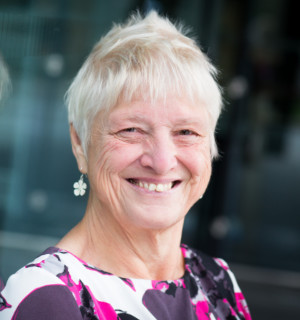Solstice, Sunshine, Setting questions and Substantial new article
1 Jun
It’s hard to be productive in this lovely sunshine, but I’m doing my best! This week should have been the Solstice Conference at Edge Hill University, but of course this is happening virtually rather than live this year. You might like to catch up via their website on Wednesday with a narrated PowerPoint which Kay Sambell and I have created entitled ‘Building bridges to the future: assessment which promotes learning post coronavirus‘. The hashtag for the conference is #solstice2020, and the link from which our narrated PowerPoint can be downloaded is: https://figshare.edgehill.ac.uk/articles/Prof_Sally_Brown_and_Prof_Kay_Sambell/12408968/2
I have also decided to start a new occasional feature called Question of the week. This has come about because people are regularly writing to me with questions of a pedagogic nature, the answers to which may prove valuable to others. Let me know if you have a question or would like to add to my answers. My response to the first question, which is on online replacements for traditional lectures, can be downloaded here: Question-of-the-week-w.docx (542 downloads)
Additionally, Kay and I have produced a new paper called ‘The changing landscape of assessment: some possible replacements for unseen time constrained face-to-face invigilated exams’ in which we argue that some of the alternatives that universities have put in place for the coronavirus contingency should be made permanent, and that we should use this as an opportunity to make some radical and substantial reconfigurations to assessment in the future to make it more authentic. A particular feature is the comparison table where we explore the pros and cons of diverse assessments that can be done virtually. You will find our new post here: The-changing-landscape-I-June-w.docx (4508 downloads)
I hope all these will be useful to colleagues. They are all open educational resources so please feel free to share them, but if you do please acknowledge where they came from. We like to hear where our work is being useful!

